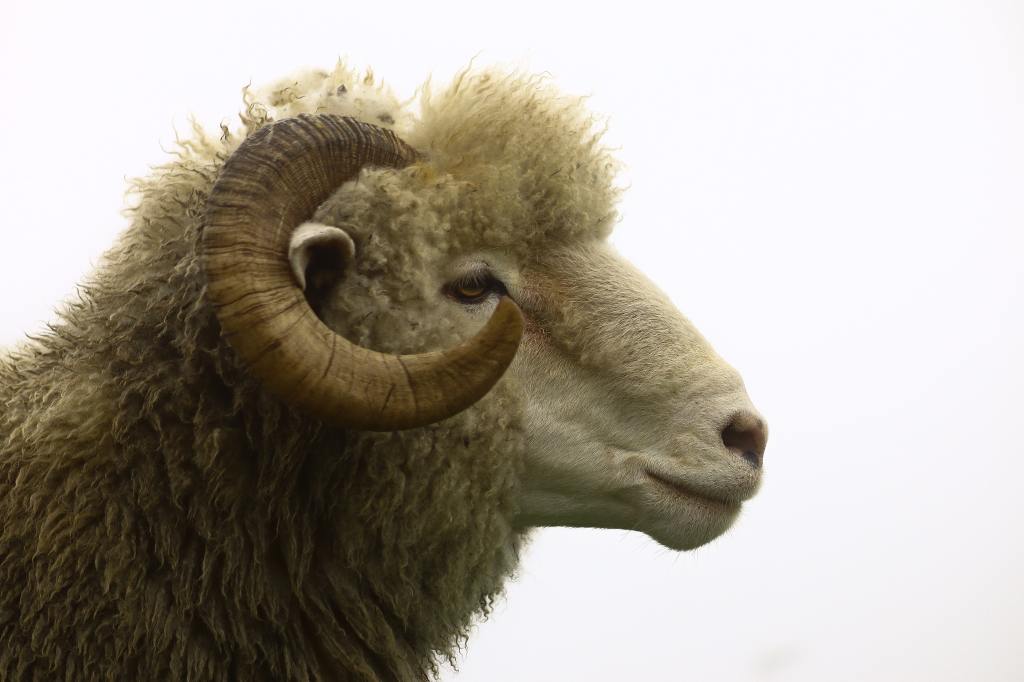
Yesterday I got to preach to our small local church plant on John 10:16 – “And I have other sheep that are not of this fold. I must bring them also, and they will listen to my voice. So there will be one flock, one shepherd.”
We simply walked phrase by phrase through this verse, seeking to understand, wrestle with the importance, illustrate, and apply each line. The phrase that got the most audible reactions was “that are not of this fold.”
I shared with the attendees that Jesus was here communicating to the Jews that the people of God would be gathered from unexpected peoples and places – namely, the gentile nations. “Not of this fold” meant not of ethnic Israel. One of the great mysteries revealed in the New Testament is that God had chosen a holy spiritual nation, comprised of those from every nation, tribe, and tongue. Ethnic Israel wasn’t the ultimate Israel.
This part wasn’t very provocative. After all, my listeners were Central Asians, not first century Jews. However, we then discussed why this point is important for us today. We, like Jesus’ initial Jewish followers, tend to believe that there are certain types of people who believe, and certain types of people who really don’t. Those similar to us almost always fall into the category of “likely open to belief.” And groups we are naturally opposed to often end up in the category of “unlikely to believe.”
This has a practical effect on our evangelism. We end up sharing with those we have pre-filtered, and we remain tight-lipped with others. But what has occurred is that our own experience and cultural categories (or prejudice?) have become the filter, rather than the gospel message itself. Given the logic of Jesus in this passage, this is a mistake.
“If we see a person in Western clothes, young, and educated, we are likely to believe they’d be open to a spiritual conversation about the gospel,” I said to the group. “But if we see someone with a big Islamic beard and their pants cut short in the Salafi style, then we are likely to avoid speaking with them about Jesus, right?”
“Oh, for sure!” the group responded.
“And what do we do with the elderly, the tribal, the illiterate, members of enemy people groups, or our own relatives? Do we avoid sharing with groups like these also?”
“Yup, all of them!” the group responded. People were shaking their heads and laughing, but they were being very open and honest and genuinely wrestling with this difficult point of application.
“Friends,” I continued, “I think we need to repent. And seek to share the gospel even with those who seem like the type very unlikely to respond. Jesus has other sheep that are not of this fold.”
It was not lost on me that our small circle of local believers represented those that many in the West would categorize as “not the kind that believes in Jesus,” as I used to. All of the local believers present grew up as Central Asian Muslims. Their passports and physical features are of the sort that qualify them to get extra “random” screenings in Western airports. And yet here they were, now believing, wrestling with the same kind of temptation as they thought about categories of people they really didn’t believe could follow Jesus. It reminded me of the time a local brother was wrestling with “the man on the island” problem. “Brother,” we told him. “You literally are the man on the island!”
But I am just as guilty as any of these local followers in this regard. Too often I also have held back from sharing with that Salafi-looking man, that elderly local, or that secular Westerner. I have used my own filters instead of using the gospel message itself as the filter.
Thank God that the voice of the good Shepherd effectively calls those from among groups we are tempted to avoid. Thank God for his grace toward us weak evangelists with our own faulty assumptions.
The good shepherd has been calling his sheep from other, unexpected, folds for 2,000 years now. My own Anglo-Saxon and Celtic genes are evidence of this. The hardest to reach demographics and people groups have and will continue to surrender a remnant at the power of the shepherd’s voice. The flock – in all its unexpected diversity – will be complete. “And there will be one flock, one shepherd.”
Photo by Samuel Toh on Unsplash
4 thoughts on “That Are Not of This Fold”